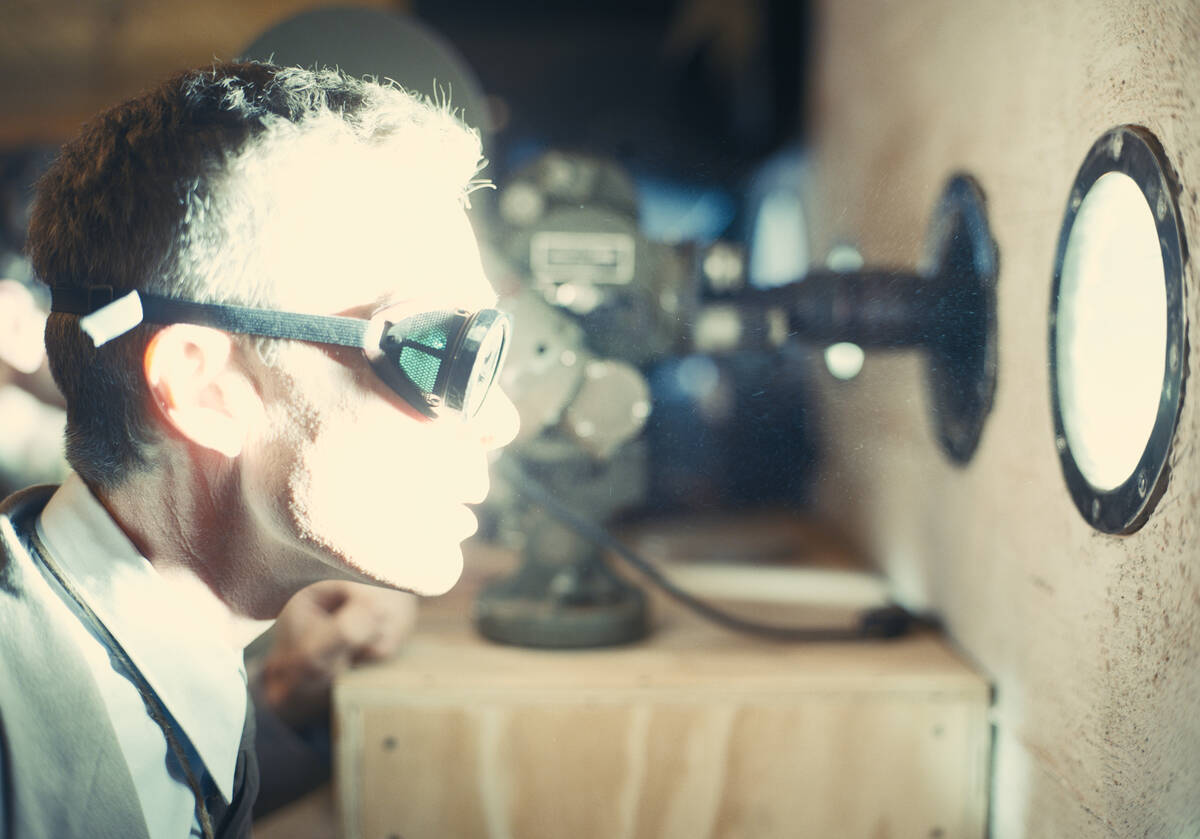COMMENTARY: ‘Oppenheimer’ Moment and governing advances in science
“Oppenheimer” is everywhere. On Oscar night, it won best picture and six other categories. And last year, it had nearly a $1 billion theatrical release.
Of course, we often think about Oppenheimer at the Bulletin of the Atomic Scientists, founded in 1945 by J. Robert Oppenheimer, Albert Einstein and other scientists who developed the first atomic weapons in the Manhattan Project.
Box office success and awards aside, the film provides a genuine opportunity for its millions of worldwide viewers to reflect on the frenzy that often surrounds new technologies, fueled by a voracious appetite to explore what’s possible, consequences be damned. The same sort of frenzy can be seen in today’s tech races in AI, weaponry, biology and more.
“Oppenheimer’s” plot echoes the Pandora’s box myth. It really should be viewed as a cautionary tale — about the ever-looming threat of nuclear war and, equally, about new technology in general. Today, scientists aren’t crossing the nuclear Rubicon and inventing weapons capable of destroying the planet. But technologies such as AI are pushing the limits of what previously seemed possible — at a pace too fast to carefully consider the potential consequences.
What is so insightful about the film is that inside the scientific frenzy, it captured a glimpse of what we call the “Oppenheimer Moment.”
We are swept up in the energy that takes over the Manhattan Project scientists as they lock in on the seemingly impossible challenge at hand and then overcome it. This happens in any field in the grip of that relentless, laser-focused, science-driven, solve-any-problem, overcome-any-obstacle, electrifying spirit of creating a breakthrough solution.
But that’s not the Oppenheimer Moment.
The Oppenheimer Moment comes (no spoilers) when Robert Oppenheimer fully, graphically and viscerally realizes the potentially world-ending implications of their remarkable scientific achievement. There is an overwhelming sense that a larger societal force is at play and that the scientists’ effort is not entirely controlled once it’s unleashed. It is a reality that the AI community is grappling with today as select scientists are working at the cutting edge of health sciences trying to stop the next pandemic.
The film ends on a pessimistic note. Oppenheimer and his colleagues lost the narrative. Their Oppenheimer Moment seemed to pass them by. But the film doesn’t show that all of those profiled in the film got back to work. They laid the groundwork for decades of arms control agreements that blossomed and helped keep us all safe, which characterized the latter part of the Cold War. We are seeing AI and biosafety leaders advocating today for new ways to think and govern technologies of our own making so that we may harness their benefits while minimizing their harms.
The European Union proposed a regulatory framework around artificial intelligence, President Joe Biden put out an executive order, and dozens of countries are endorsing consensus documents such as the Bletchley Declaration and the Declaration on Responsible Military Use of Artificial Intelligence and Autonomy. Similarly, new World Health Organization and U.S. efforts seek to better regulate pathogen research, which could maintain the ability to create new lifesaving treatments while minimizing risk.
We are living through another major Oppenheimer Moment. Acknowledging that and supporting new political arrangements are the best tribute we can give to Oppenheimer and his colleagues. Such actions would make the movie truly Oscar-worthy.
Rachel Bronson is the president and CEO of the Bulletin of the Atomic Scientists. David Kuhlman is the chair of the Governing Board of the Bulletin of the Atomic Scientists and the senior partner and chair at Lotis Blue Consulting. They wrote this for InsideSources.com.

















